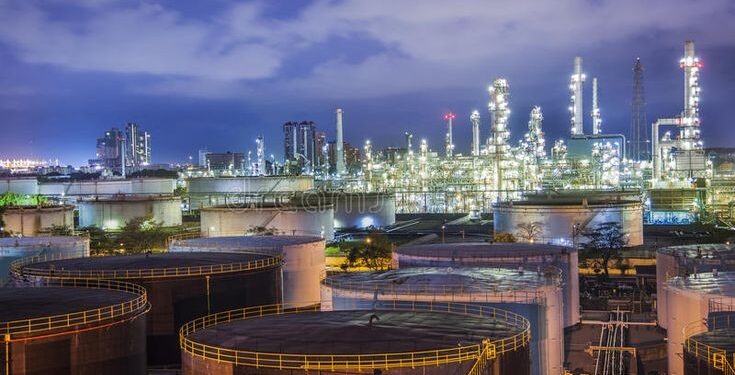Nigerian crude oil prices slipped below $68 per barrel on Monday despite renewed volatility in global energy markets triggered by Ukraine’s escalating drone strikes on Russian oil infrastructure. The development underscores the fragile balance of the global oil market and raises fresh concerns for Nigeria’s oil-dependent economy.
The decline comes even as international benchmarks such as Brent crude and West Texas Intermediate (WTI) recorded modest gains in response to supply disruptions in Russia. Brent rose toward $67.30 per barrel, while WTI traded around $62.80 per barrel, after Ukrainian forces targeted Russia’s Primorsk oil export terminal and the Kirishi refinery, one of the country’s largest processing facilities with a daily refining capacity of about 355,000 barrels. The strikes caused fires, which Russian officials later confirmed were quickly contained.
For Nigeria, the world’s largest exporter of Bonny Light and Brass River crude, the dip below $68 reflects the complexities of global price transmission. While disruptions in Russia often push global benchmarks higher, Nigeria’s crude grades face challenges such as weaker demand in Europe, increased competition from U.S. shale, and shipping cost pressures. This has prevented Nigerian blends from rising in tandem with Brent.
The implications for Nigeria are significant. Oil remains the backbone of the country’s fiscal structure, accounting for the majority of government revenues and foreign exchange inflows. A sustained fall below $70 threatens budgetary stability, complicates public spending, and increases pressure on the naira in the foreign exchange market. Analysts note that while short-term disruptions in Russia might tighten global supply, Nigeria cannot rely on such volatility alone to secure long-term revenue stability.
The geopolitical backdrop further complicates the outlook. Ukraine’s drone campaign against Russian energy facilities is increasingly being seen as a strategic attempt to curtail Moscow’s export revenues and weaken its ability to fund the war. Western allies have also hinted at the possibility of tightening sanctions on Russian crude flows, which could reshape global supply chains if enforced more aggressively. At the same time, OPEC+ production decisions and the trajectory of global demand particularly from the United States and China remain critical factors for oil prices in the coming months.
Looking ahead, energy market watchers are monitoring several dynamics. First, any escalation of drone strikes on Russia’s key refineries and export hubs could drive further volatility, potentially pushing Brent prices higher and creating some upward pressure on Nigerian crude. Second, OPEC+ may consider production adjustments if prices remain under downward pressure. Finally, U.S. monetary policy and economic indicators will play a major role in shaping demand expectations, with higher interest rates likely to dampen global consumption.
For Nigeria, the challenge lies in managing the fiscal risks of declining oil revenues while positioning its energy sector for resilience in an increasingly unstable market. Experts argue that beyond short-term gains or losses tied to Brent fluctuations, structural reforms such as boosting domestic refining capacity, diversifying exports, and improving transparency in oil revenue management are necessary to cushion the economy from such shocks.
In the immediate term, however, Nigeria’s oil market remains tethered to global geopolitical developments far beyond its borders. The fall below $68 per barrel highlights how fragile and interconnected energy markets have become in 2025 and how vulnerable Nigeria remains to shifts in the global oil chessboard.























































